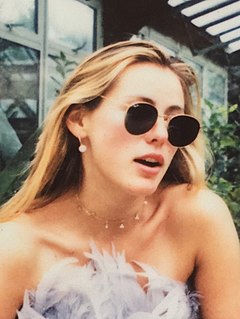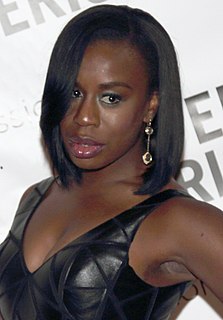A Quote by Sarah Dessen
I'm really happy to have the chance to talk about the editing process. It's something that I think doesn't get the weight it deserves, especially with the rise of self-publishing.
Related Quotes
I don't think anyone is ever writing so that you can throw it away. You're always writing it to be something. Later, you decide whether it'll ever see the light of day. But at the moment of its writing, it's always meant to be something. So, to me, there's no practicing; there's only editing and publishing or not publishing.
There's a lot of talk these days about giving children self-esteem. It's not something you can give; it's something they have to build. Coach Graham worked in a no-coddling zone. Self-esteem? He knew there was really only one way to teach kids how to develop it: You give them something they can't do, they work hard until they find they can do it, and you just keep repeating the process.
I really think that if there's any one enemy to human creativity, especially creative writing, its self-consciousness. And if you have one eye on the mirror to see how you're doing, you're not doing it as well as you can. Don't think about publishing, don't think about editors, don't think about marketplace.
The boxing promotion part is really interesting, because I got the chance to do something with my sons. They carry their own weight, and I get a chance to listen to them and see what they have on their minds. I don't have to hand out things to do, and now they have things for me to do. It's an amazing privilege to get the opportunity to work with your children.
I think in the whole field of questions about what we take to be "real," one of those questions is about the self. When you talk about the self we're always talking about whether it's a construction and it's a construction we're always in the process of working on. I don't think that work ever ends, to some degree.
Separate out the creative act from the act of editing and execution. Make it a two-step process. First, let ideas flow and encourage EVERY idea to make it to the whiteboard. Don't criticize, judge, edit, budget, or worry. An idea on the wall can't hurt anyone, so let them rip without restriction. After any and all ideas have the opportunity to "come out to play", only then should you apply your analytical and logical side to the effort. Don't mix the creative process with the editing process or you'll kill your ideas before they even get a fighting chance.







































